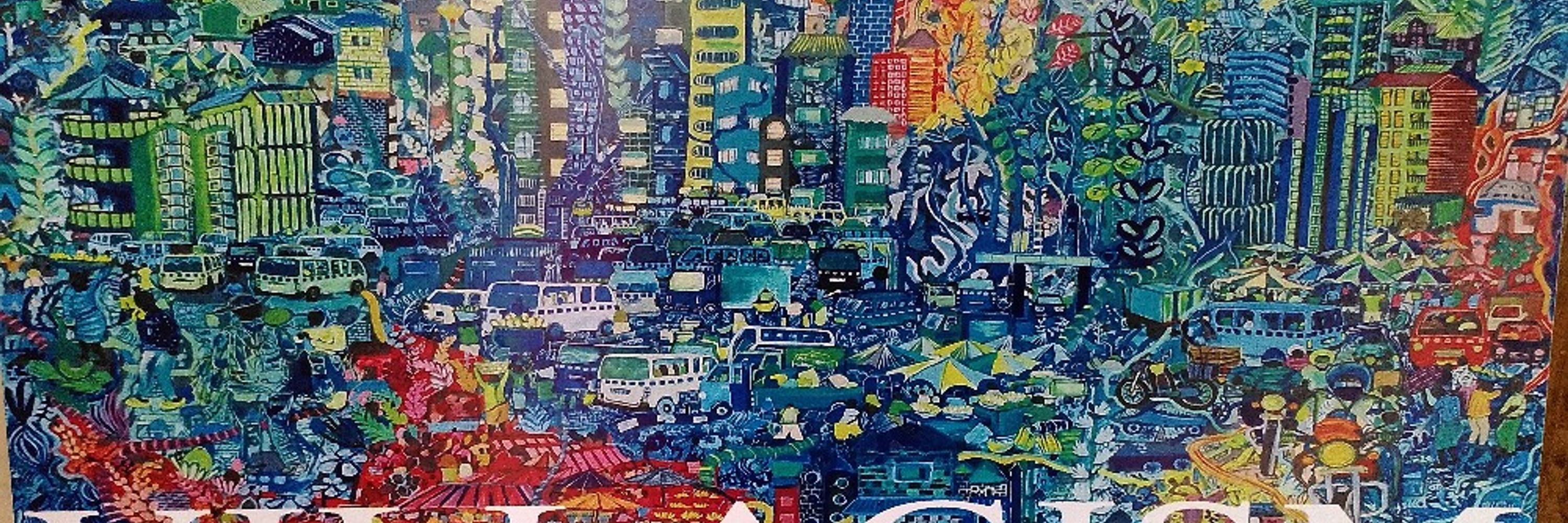Emma Elfversson
@emmaelfversson.bsky.social
1.6K followers
200 following
61 posts
Associate prof, PoliSci, Uppsala University. Focus on urban contestation, urbanisation, postwar cities, local peacemaking & ethnic politics. Qual & quant. Environmentalist, feminist, pacifist (hippie basically). Background pic: art by Muramuzi JohnBosco
Posts
Media
Videos
Starter Packs
Reposted by Emma Elfversson
Reposted by Emma Elfversson
Reposted by Emma Elfversson
Reposted by Emma Elfversson





